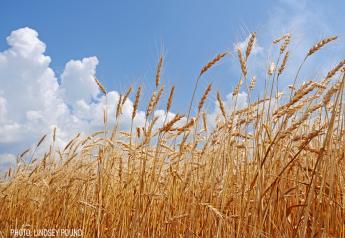John Phipps: How Dire is the World's Energy Crisis?
USFR-John's World Energy Crunch
China used to import lots of coal from Australia. When the Australian government criticized Beijing for obstructing a study about the origins of COVIC, the Chinese government stopped those imports, which has crippled power generation in their rapidly recovering economy. They began to import from Europe, and Australia is now exporting to Europe. That illogical situation and multiple other factors, illustrate how the world has blundered into an energy crisis.
While coal is one factor, the largest is natural gas. Electricity producers had enthusiastically switched to gas-turbine plants for economic and environmental reasons. Covid drastically reduced demand resulting in US NG prices below $2. Meanwhile liquefied natural gas exports had finally begun to take off, offering financial hope to all the fracking and its NG production. Looking at the US Energy Information Agency projections, higher gas prices could prompt fracking to ramp up idled production, but relief from higher prices won’t come until late next year. Farmers are already experiencing it via truly astronomical nitrogen prices. Last fall we paid about $450 per ton for ammonia. Our local price today just went over $1000.
This theme of Covid shutdown coupled with the shift to greener energy, along really bad decisions, has led to a network of shortages that threaten home heating in Britain and Germany, electricity in Brazil, and bizarrely enough solar panel production as the availability of power in China has sharply cut silicon production. But wait, there’s more! Nuclear power plants were being shut down around the globe. Climate-change-induced drought cut hydropower output due to low reservoir levels. We’ve all seen photos of Lake Meade behind Hoover Dam which is running 25% lower output. It’s even more severe in Brazil where hydropower supplies over 60% of the electricity.
In this turmoil, the U.S. is probably in better shape than other countries due to our considerable resources, generation capacity, infrastructure, and above all, wealth. The transition to greener energy sources was limping along before Covid, but its economic whipsaw of demand and prices has created a true global energy crunch.
The collective noun for a group of swans is a lamentation. Given the black swan events we’re seeing in energy, it’s aptly named.







